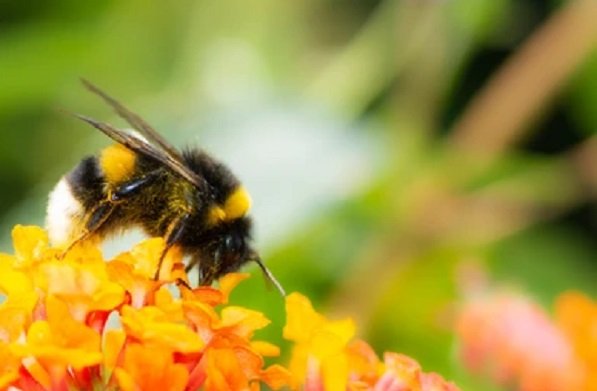Monday, 23 February 2026

The researchers note that changes in temperature had more of a negative impact than other factors, such as precipitation or floral resources
According to new research by Simon Fraser University, Canada temperature changes have negatively impacted most species of bumble bees over the past 120 years. The researchers note that changes in temperature had more of a negative impact than other factors, such as precipitation or floral resources.
“Bumble bees are important pollinators for wild plants and for the crops humans rely on for food. That’s why we need to develop conservation strategies that account for the future impacts of climate change on bee populations,” says study lead Hanna Jackson, a Masters student in the M’Gonigle Lab in biological sciences at Simon Fraser University.
Jackson and her colleagues analysed an existing dataset containing records on 46 bumble bee species across North America between 1900 – 2020. They created two occupancy models – one focused on time and the other on environmental factors. They found that six bumble bee species decreased through time, 22 increased and the remaining 18 were stable.
They noted that temperature and precipitation both increased, on average, between 1900 and 2020 in the post-industrial revolution period. Temperature changes had primarily negative impacts on bumble bees, with 37 of the 46 species exhibiting greater declines or less positive increases in occupancy under observed temperature changes compared to if the temperature had remained constant.
Therefore, researchers concluded that changing temperatures are a major environmental factor driving changes in bumble bee community composition.
Study collaborators include US-based Pollinator Partnership, Xerces Society for Invertebrate Conservation, and the Department of Biological Sciences at the University of Southern California.